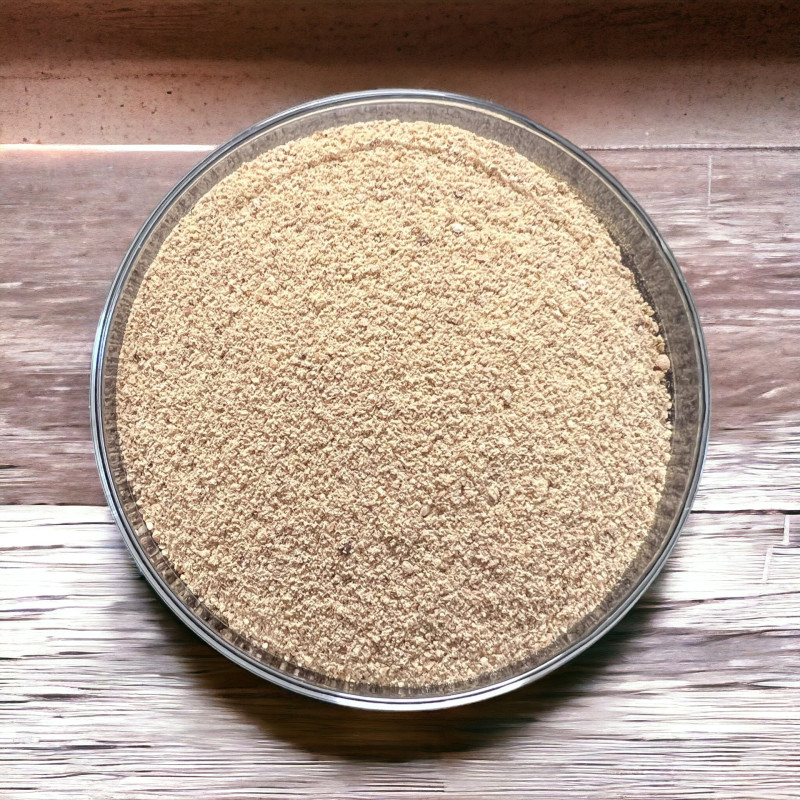- Reduced price



Its aroma is less spicy than that of black pepper.
You can use it in all dishes, especially in white sauces where it won’t leave any traces.
 Delivery
Delivery
Mondial Relay
 Returns
Returns
See conditions
 Payments
Payments
100% secure
Produit livré en sachet refermable
°°°
Uses in Cooking:
The taste of white pepper is less spicy than black pepper but said to be more aromatic, or at least differently aromatic! This is because the skins of the peppercorns are removed when they are fully ripe, resulting in white pepper after drying.
This pepper will happily flavor all your dishes and has the advantage over other "colored" peppers of not leaving black specks in your dishes, especially in white sauces.
Who am I?
Origin: Vietnam
Scientific name: Piper nigrum
The plant Piper nigrum produces peppers in order of harvest maturity: first green pepper, then black pepper, and finally white pepper. The latter is made from fully ripe berries, whose skins are removed after soaking and then dried until they achieve their creamy white color. Here, these seeds are ground.
Pepper cultivation originates from the west coast of India (Malabar coast), in the state of Kerala, and spread to other countries: Southeast Asia (Indonesia and Malaysia), Madagascar, and Brazil. Recently, Vietnam has become the world's largest producer of pepper.
Only the fruits of Piper nigrum (traditional black, white, and green peppers), Piper cubeba (cubeb pepper), and Piper longum (long pepper) are officially recognized as "peppers."
Pepper owes its spiciness to amides of piperine.
A Little History:
In Greece, under Alexander the Great, pepper was already in use, as it was among the Romans in antiquity.
Due to their high price, pepper and other rare spices were used as currency after the Arab conquest of Alexandria in 642 CE. This is where the expression "to pay in cash" (derived from "spices") originates!
The exorbitant price of pepper in the Middle Ages, and Italy's monopoly on its trade, were among the reasons that motivated the Portuguese to find a sea route to India. After Vasco da Gama discovered this route in 1498, a treaty was signed granting the Portuguese exclusive rights to half the world, including black pepper. A century later, they lost their monopoly to the Dutch (with their East India Company) and the English.
Data sheet
Specific References
 Sylvana M.
Sylvana M.
excellent

 Sylvana M.
Sylvana M.
excellent

Reference: poivrenoirconc
Reference: pimentjamaiqueE
Reference: SriLankaBlanc
Reference: poivresichuanE
Reference: 6N745801
Reference: poivreNEMalabar
Reference: poivreEbiosaotome
Reference: poivrenoirconc
Reference: poivreBEviet
Reference: baiepassion
Reference: poivresichuanV

Its aroma is less spicy than that of black pepper.
You can use it in all dishes, especially in white sauces where it won’t leave any traces.